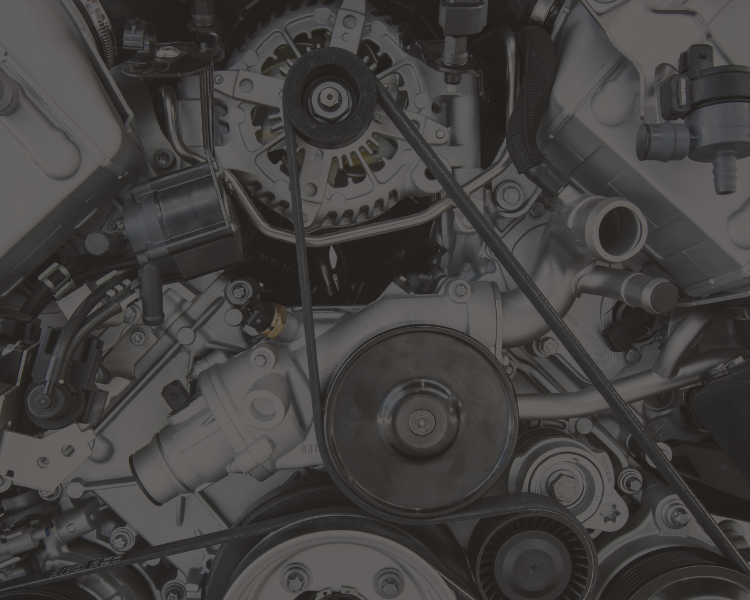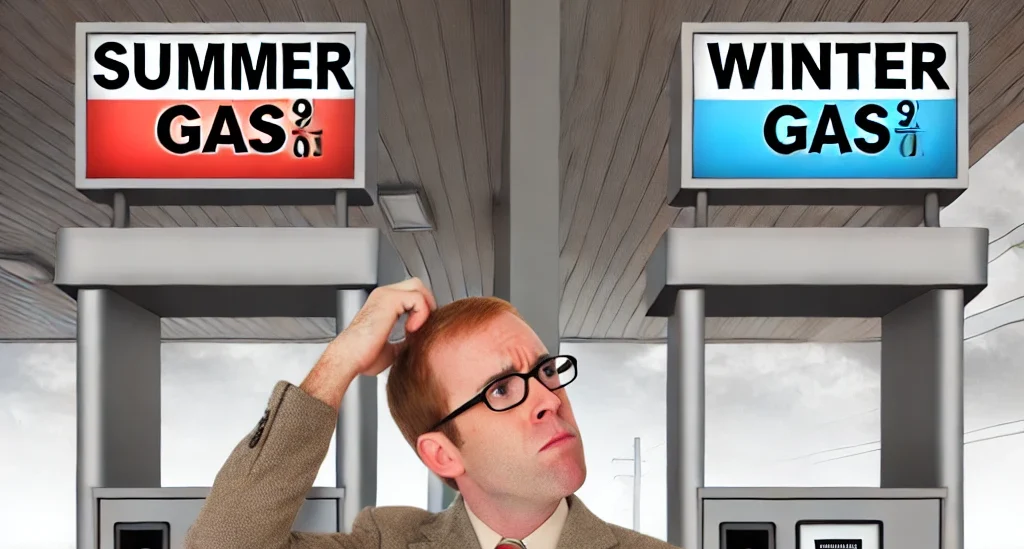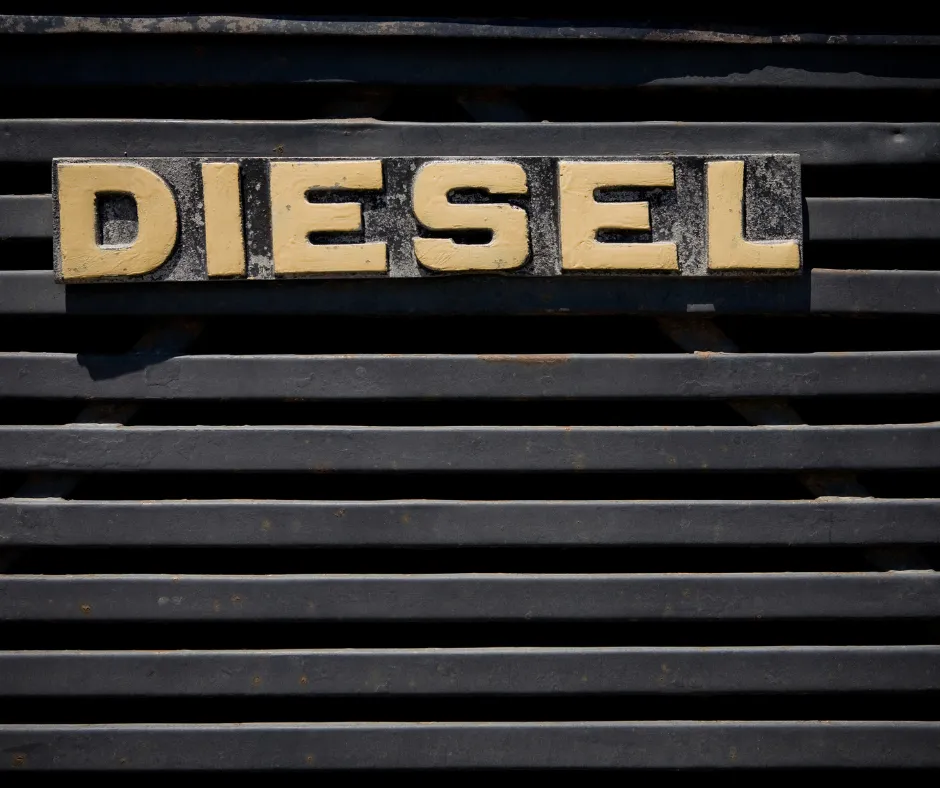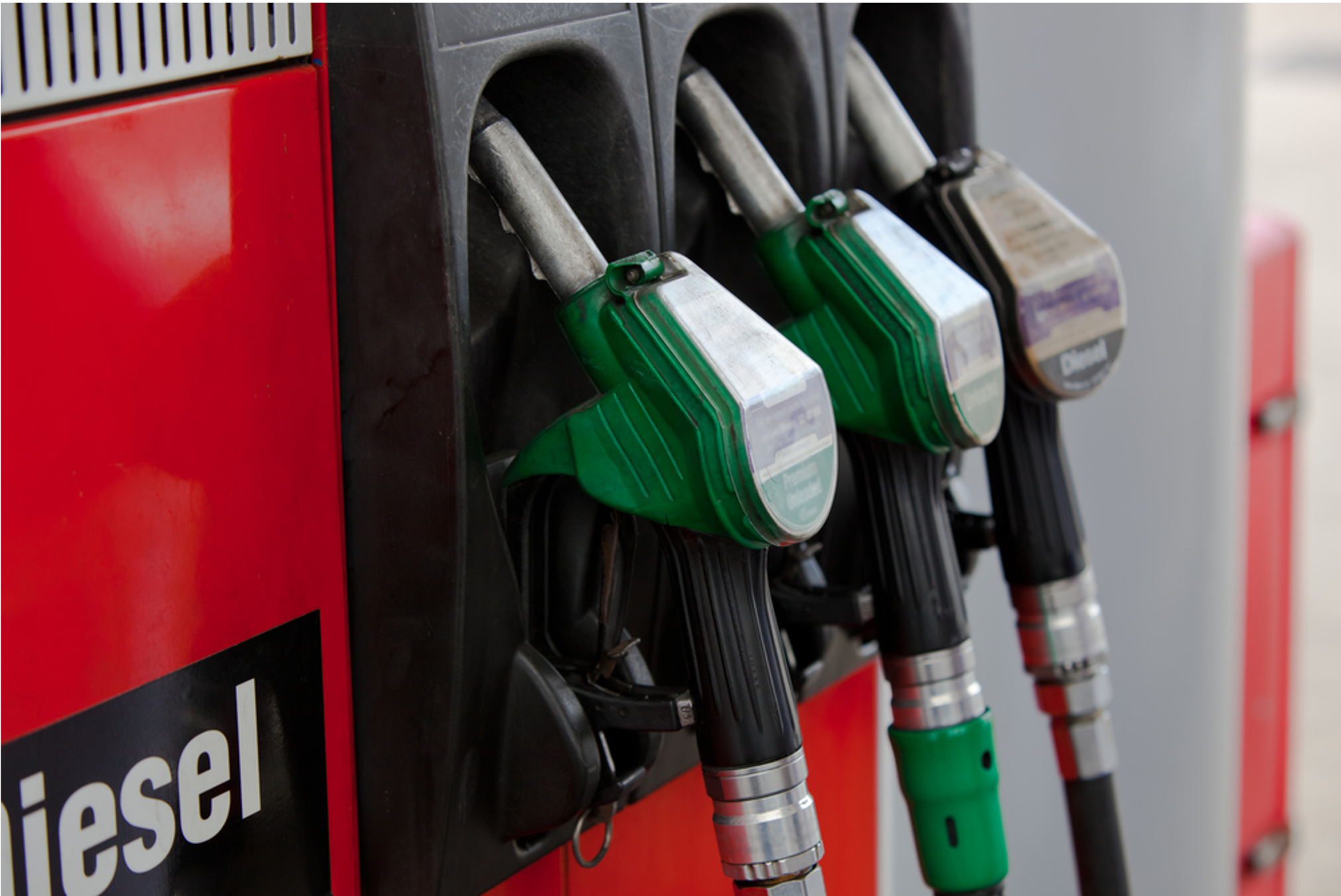4 Ways to Improve Gas Mileage
With gas prices always seeming to increase during the warm months, we’re all looking for ways to improve fuel efficiency. We’d love to get as far as we possibly can on that next tank. But short of going electric or buying a new vehicle purely based on the listed gas mileage, what can you do?
When thinking about how to improve gas mileage, it’s important to understand what that means. Your gas mileage is a reflection of how efficiently your engine converts fuel and air to the energy that your car uses to power itself. Taking steps to make your car’s engine more efficient should improve your gas mileage. With that in mind, here are four things we talk to customers about that anyone can do for noticeably improved gas mileage.
1. Replacing Vehicle Air Filter
A simple but very helpful action you may want to try first is replacing your vehicle’s air filter. Why? An internal combustion engine works by combining air and fuel. In fact, the combustion cycle is mostly made of air. For your engine to run efficiently, you want it to get all the air it needs. Your air filter helps ensure this happens. It blocks all the debris and contaminants in the air that could interfere with the combustion cycle.
However, eventually, that air filter can collect so much dirt, dust and other debris that it gets clogged and limits airflow. This lower airflow means your car is consuming more gas with each mile, meaning worse gas mileage. It also creates more contaminated exhaust emissions. When you have a fresh air filter, a free flow of clean air is getting into your engine, which means it requires less actual gas to go as far. In other words, more air means better gas mileage, so change that air filter as soon as you need to. The air filter is a big part of efficiency.
2. Replacing Engine Fuel Filter
If you have a clean fuel filter, better gas mileage will often follow. The reasoning is not quite the same as that with the air filter, but the common principle is anything other than gas or air in your combustion cycle will hurt your engine’s efficiency.
The purpose of the fuel filter is to strain any debris out of the gas as it passes from the tank to the engine. This protects the engine from possible damage, but like the air filter, that fuel filter can get clogged up. When it does, it can strain the flow of fuel to the engine, making the engine do more work to get the same results and hurting your fuel economy as a result.
By changing the filter regularly, you help ensure a clean flow of gasoline from the tank to the engine. You may also want to consider fuel cleaning products that assist the fuel filter in keeping your gas free of debris.
3. Using the Recommended Fuel Type
Are you using the right gas in your car? You’re aware of the choice you have when it comes to gasoline every time you pull up to the pump. Do you use regular, premium or super premium gas? Is the 87-octane sufficient or should you spring for 91 or 93? To know the answer to this, you need to understand the point of octane.
Octane refers to how sensitive your fuel is to pre-ignition, combusting prematurely. When this happens, you will hear a knocking in your engine, which is not good for your car and can hurt your engine and your fuel efficiency. The higher the octane, the more resistant your gas is to pre-ignition.
This doesn’t mean you should always use the highest possible octane to avoid pre-ignition. If your car’s owner’s manual calls for 87-octane, that octane is sufficient to prevent your car from prematurely combusting. Paying for a higher octane is simply a waste of money, and it won’t improve your gas mileage.
However, if you are using lower octane than the manufacturer recommends, this could hurt your gas mileage. If you have a modern car with anti-knocking safeguards, it will expend more fuel to prevent a problem, costing you more in gas than you save by skimping on octane.
Bottom line: pay attention to what your car’s manufacturer suggests. Each engine type is designed with a fuel quality in mind.
4. Cleaning Fuel Injectors
There is a clear relationship between clean fuel injectors and better gas mileage. The fuel injector is one of the great modern advances in engine technology. It delivers gas to the engine as a high-pressure mist, which optimizes as use and gives you better fuel efficiency and emissions, especially if they are direct injection fuel injectors which spray gas directly into the cylinder rather than the intake manifold.
Your fuel injectors should last a long time. However, if you are not getting the fuel economy you think you should, you may want to consider cleaning your fuel injectors. If your fuel injectors have become clogged, you won’t get the right mist of gas, and your fuel economy will suffer.
We have two famous products that help along these lines: Rislone Complete Fuel System Treatment (also available for diesel), and Rislone Fuel Injector Cleaner. The full treatment is more expensive, but does the job of six additives (including cleaning fuel injectors). Our Fuel Injector Cleaner is a bit less expensive, but is focused on doing the job of cleaning fuel injectors and nothing more.
Choose Products From Rislone
While these are some highly effective and fairly simple ways to improve your gas mileage, there are many other options. For example, using cleaning and efficiency additives in your gas, making sure your tires are properly inflated, driving at a consistent speed (cruise control can help with this) and reducing the load your car is carrying can all help your gas mileage.
The methods of improving fuel economy listed above usually have additional benefits. Replacing your filters and performing regular general maintenance of your vehicle will likely help your engine and car last longer, as well as reduce your carbon emissions to help protect the environment. You can do many of these yourself or with little assistance as well, so giving yourself better fuel economy doesn’t have to cost a fortune.
Rislone offers a range of products that are great at helping your fuel system and engine work more cleanly and efficiently. To find the right products for improving gas mileage for your car, contact Rislone today.




